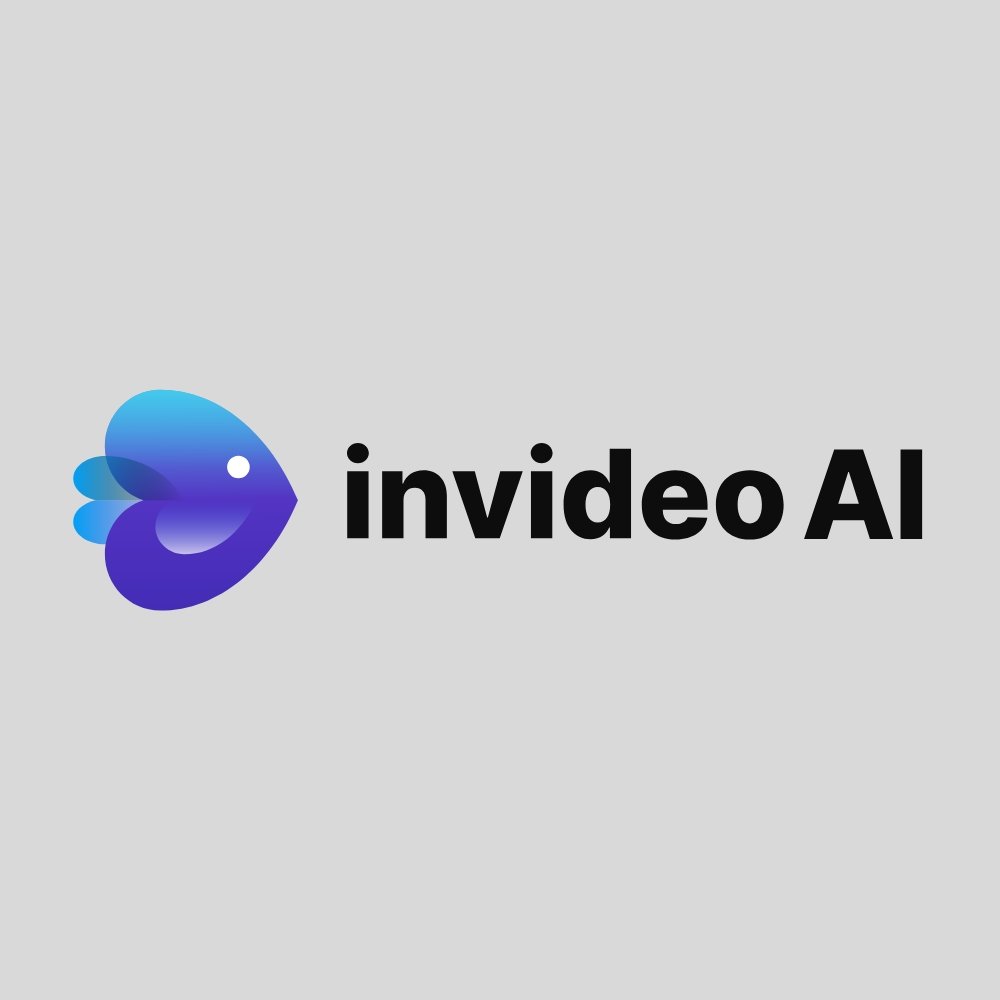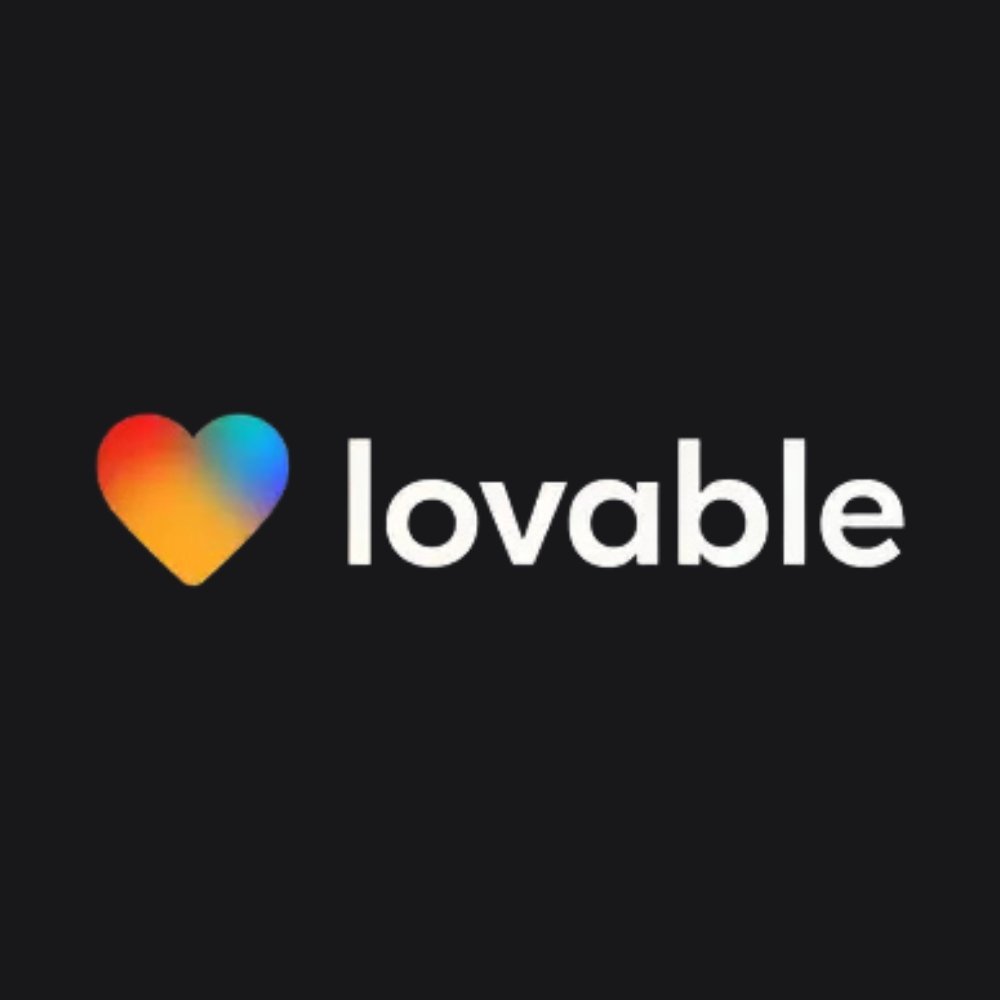Artificial intelligence has transformed from a futuristic concept into an integral part of daily life, powering everything from smartphone assistants to sophisticated business analytics.
For those fascinated by AI tools and their potential to reshape industries, pursuing a career in this dynamic field offers exciting opportunities and challenges.
The journey into artificial intelligence may seem daunting, but with the right approach and resources, anyone with dedication can build a successful career in this revolutionary technology sector.
Understanding the AI Landscape
Before diving into educational requirements and skill development, aspiring AI professionals should understand what artificial intelligence truly encompasses. AI refers to computer systems designed to perform tasks that typically require human intelligence, such as visual perception, speech recognition, decision-making, and language translation.
The field branches into several specializations, including machine learning, deep learning, natural language processing, computer vision, and robotics.
The AI industry has experienced explosive growth over the past decade, with companies across healthcare, finance, manufacturing, entertainment, and virtually every other sector investing heavily in AI capabilities.
This widespread adoption has created an unprecedented demand for skilled professionals who can develop, implement, and maintain AI systems. Understanding this landscape helps career seekers identify where their interests and skills might best align with market opportunities.
Essential Skills for AI Professionals
Technical Foundations
Building a career in artificial intelligence requires a solid foundation in several technical areas. Programming stands at the forefront, with Python being the most widely used language in AI development due to its extensive libraries and frameworks.
Aspiring AI professionals should develop proficiency in Python and familiarize themselves with languages like R, Java, and C++ depending on their specific career path.
Mathematics forms the backbone of AI algorithms and systems. Key mathematical concepts include:
- Linear algebra for understanding data structures and transformations
- Calculus for optimization algorithms and neural network training
- Probability and statistics for making predictions and understanding uncertainty
- Discrete mathematics for algorithm design and complexity analysis
Data manipulation and analysis skills prove equally crucial. Professionals must know how to collect, clean, process, and analyze large datasets using tools like Pandas, NumPy, and SQL databases. Understanding data visualization libraries such as Matplotlib and Seaborn helps communicate insights effectively.
AI-Specific Knowledge
Beyond foundational skills, AI practitioners need expertise in specialized areas. Machine learning concepts form the core of most AI applications, requiring understanding of supervised learning, unsupervised learning, and reinforcement learning approaches. Familiarity with popular frameworks and libraries accelerates development:
- TensorFlow and Keras for building neural networks
- PyTorch for research and production models
- Scikit-learn for traditional machine learning algorithms
- OpenCV for computer vision tasks
- NLTK and spaCy for natural language processing
Deep learning represents a crucial specialization within AI, focusing on neural networks with multiple layers. Professionals should understand architectures like convolutional neural networks for image processing, recurrent neural networks for sequential data, and transformers for language models.
Soft Skills That Matter
Technical expertise alone doesn’t guarantee success in AI careers. Communication skills enable professionals to explain complex concepts to non-technical stakeholders and collaborate effectively with cross-functional teams. Problem-solving abilities help tackle the unique challenges that arise when developing AI solutions for real-world applications.
Critical thinking allows AI professionals to evaluate model performance objectively, identify biases, and make ethical decisions about AI implementations. Creativity proves valuable when designing innovative solutions or approaching problems from new angles. The ability to learn continuously remains essential in a field that evolves rapidly, with new techniques and tools emerging regularly.
Educational Pathways
Formal Education Options
Traditional academic routes provide structured learning and comprehensive coverage of AI fundamentals. A bachelor’s degree in computer science, mathematics, statistics, or engineering offers a strong foundation. Many universities now offer specialized undergraduate programs in artificial intelligence or data science that directly prepare students for AI careers.
Graduate education, including master’s degrees and PhDs, opens doors to more advanced positions and research opportunities. Master’s programs in AI, machine learning, or data science typically span two years and combine theoretical knowledge with practical projects. PhD programs suit those interested in pushing the boundaries of AI research or pursuing academic careers.
However, the rapid evolution of AI has made non-traditional paths increasingly viable and respected in the industry. Many successful AI professionals come from diverse educational backgrounds and have transitioned into the field through self-study and bootcamps.
Online Learning Resources
The democratization of education through online platforms has made AI knowledge accessible to anyone with internet access. Massive Open Online Courses (MOOCs) from platforms like Coursera, edX, and Udacity offer high-quality content from leading universities and industry experts. Many courses provide certificates upon completion, which can strengthen resumes.
Specialized AI learning platforms offer structured curricula:
- Fast.ai provides practical deep learning courses
- DeepLearning.AI offers comprehensive AI specializations
- Kaggle combines learning with hands-on competitions
- DataCamp focuses on data science and machine learning
Free resources abound for motivated learners. YouTube channels, academic papers on arXiv, GitHub repositories with code examples, and documentation from AI frameworks provide endless learning opportunities. The key lies in creating a structured learning plan and maintaining consistency.
Bootcamps and Certification Programs
Intensive bootcamps compress learning timelines, typically ranging from twelve to twenty-four weeks. These programs focus on practical skills and portfolio development, making them attractive for career changers. While expensive, bootcamps often provide career services and networking opportunities that accelerate job placement.
Professional certifications from major tech companies validate specific skills. Google, Microsoft, AWS, and IBM offer AI and machine learning certifications that demonstrate proficiency with their platforms. These certifications can be particularly valuable when seeking positions that utilize those specific technologies.
Building Practical Experience
Personal Projects and Portfolio Development
Theoretical knowledge means little without practical application. Building a portfolio of projects demonstrates skills to potential employers and provides valuable hands-on experience. Start with simple projects that solve real problems or explore interesting datasets. Gradually increase complexity as skills improve.
Project ideas for beginners include:
- Image classification models using publicly available datasets
- Sentiment analysis of social media posts or product reviews
- Predictive models for stock prices or weather patterns
- Chatbots using natural language processing
- Recommendation systems based on user preferences
Documenting projects thoroughly shows not just technical ability but also communication skills. GitHub repositories should include clear README files explaining the problem, approach, results, and potential improvements. Writing blog posts about projects demonstrates deeper understanding and helps build an online presence.
Kaggle Competitions and Open Source Contributions
Kaggle competitions provide opportunities to work on real-world problems alongside a global community of data scientists and AI practitioners. These competitions range from beginner-friendly to highly complex, allowing participants to learn from others’ approaches through shared kernels and discussions. Strong performance in competitions can catch the attention of recruiters.
Contributing to open source AI projects builds experience while giving back to the community. Starting with small contributions like improving documentation or fixing bugs helps newcomers understand large codebases. As confidence grows, more substantial contributions become possible, building both skills and professional connections.
Internships and Entry-Level Positions
Practical experience in professional settings accelerates learning and career development. Internships, whether during studies or as career changers, provide exposure to how AI works in real business contexts. Many tech companies offer AI-focused internship programs that can lead to full-time positions.
Entry-level positions like junior data analyst, machine learning engineer intern, or AI research assistant provide stepping stones into more advanced roles. These positions may not require extensive experience but demonstrate willingness to start at the ground level and learn from experienced professionals.
Career Paths in Artificial Intelligence
The AI field offers diverse career trajectories, each requiring slightly different skill sets and interests. Understanding these paths helps aspiring professionals target their learning and experience-building efforts effectively.
| Career Path | Primary Focus | Key Skills | Typical Responsibilities |
|---|---|---|---|
| Machine Learning Engineer | Building and deploying ML models | Python, TensorFlow, cloud platforms, software engineering | Develop algorithms, optimize models, implement production systems |
| Data Scientist | Extracting insights from data | Statistics, Python/R, data visualization, domain knowledge | Analyze data, build predictive models, communicate findings |
| AI Research Scientist | Advancing AI capabilities | Deep learning, mathematics, research methodology, publishing | Conduct experiments, develop new algorithms, publish papers |
| Computer Vision Engineer | Visual data processing | Deep learning, OpenCV, image processing, pattern recognition | Develop image/video analysis systems, object detection, facial recognition |
| NLP Engineer | Language understanding | Transformers, linguistics, text processing, speech recognition | Build chatbots, translation systems, text analysis tools |
| Robotics Engineer | Intelligent physical systems | Control systems, sensors, reinforcement learning, hardware integration | Design autonomous systems, program robot behaviors, sensor fusion |
| AI Product Manager | AI product strategy | Business acumen, technical knowledge, communication, project management | Define product roadmaps, coordinate teams, ensure AI solutions meet business needs |
Each path offers unique challenges and rewards. Machine learning engineers often work closely with software development teams, requiring strong engineering practices alongside AI knowledge. Data scientists split time between analysis and communication, needing to translate technical findings into business insights.
Research scientists typically require advanced degrees and focus on pushing technological boundaries rather than immediate business applications. Computer vision and NLP engineers specialize in specific AI domains, becoming experts in their chosen areas. Robotics combines AI with hardware challenges, appealing to those who enjoy working with physical systems.
AI product managers bridge technical and business worlds, requiring enough technical understanding to evaluate feasibility while focusing on market needs and user experience. This role often appeals to those with technical backgrounds who want to shape product direction rather than write code daily.
Networking and Community Engagement
Building a professional network accelerates career development and provides support throughout the AI journey. Attending AI conferences, meetups, and workshops connects aspiring professionals with experienced practitioners and potential employers. Events like NeurIPS, ICML, CVPR, and local AI meetups offer learning and networking opportunities.
Online communities provide accessible networking options. LinkedIn groups focused on AI and machine learning facilitate professional connections and job discovery. Twitter and Reddit host active AI communities where practitioners share insights, papers, and opportunities. Participating in discussions, sharing knowledge, and asking thoughtful questions builds reputation and relationships.
Professional organizations like the Association for the Advancement of Artificial Intelligence (AAAI) offer membership benefits including access to journals, conferences, and professional development resources. Student memberships often come at reduced rates, making them accessible for those still in education.
Staying Current in a Rapidly Evolving Field
AI evolves at breakneck speed, with new techniques, tools, and applications emerging constantly. Successful AI professionals commit to lifelong learning, dedicating time regularly to staying current. Reading research papers on arXiv keeps practitioners informed about cutting-edge developments, though the technical density requires patience for beginners.
Following influential AI researchers and practitioners on social media provides curated insights into important developments. Subscribing to newsletters like Import AI, The Batch, or AI Weekly delivers relevant content directly to inboxes. Podcasts such as Lex Fridman’s AI podcast or TWiML offer audio learning during commutes or exercise.
Experimenting with new tools and frameworks as they emerge maintains hands-on skills. When a new library or technique gains attention, spending time building a small project with it provides practical understanding beyond theoretical knowledge. This experimentation keeps skills sharp and demonstrates adaptability to employers.
Addressing Common Challenges
Overcoming Imposter Syndrome
Many entering AI fields struggle with imposter syndrome, feeling inadequate compared to experienced professionals. Recognizing that everyone starts somewhere and that the field’s complexity means no one knows everything helps combat these feelings. Celebrating small wins and tracking progress over time builds confidence.
Balancing Breadth and Depth
AI encompasses so much that trying to learn everything becomes overwhelming and counterproductive. Focusing initial learning on fundamentals while gradually specializing in areas of genuine interest creates a sustainable path. Depth in one or two areas proves more valuable than superficial knowledge across many.
Managing the Mathematics
The mathematical foundations of AI intimidate many potential career changers. Starting with applied learning that introduces mathematical concepts as needed often works better than attempting to master all mathematics upfront. Many successful AI practitioners develop mathematical understanding progressively while building practical skills.
Taking the First Steps
Starting an AI career requires action rather than perfect planning. Begin by assessing current skills honestly and identifying gaps to fill. Create a structured learning plan with specific milestones and deadlines, but remain flexible as interests evolve and new opportunities emerge.
Dedicate consistent time to learning, even if just thirty minutes daily. Consistency matters more than marathon study sessions. Start building projects immediately, even simple ones, rather than waiting until skills feel adequate. Learning happens through doing, and early projects, however basic, begin building the crucial portfolio.
Connect with others on similar journeys through online communities or local meetups. Learning becomes easier and more enjoyable with peers who share challenges and celebrate successes. Don’t hesitate to ask questions or seek mentorship from those further along their AI careers.
Conclusion
Starting a career in artificial intelligence offers exciting opportunities to work on cutting-edge technology that shapes the future. While the technical requirements may seem daunting initially, the abundance of learning resources and the field’s openness to non-traditional backgrounds make it accessible to dedicated learners from diverse backgrounds.
Success in AI requires combining technical skills in programming, mathematics, and machine learning with soft skills like communication and problem-solving. Multiple educational pathways exist, from traditional degrees to self-study and bootcamps, each valid depending on individual circumstances and goals.
Building practical experience through projects, competitions, and professional opportunities proves essential for translating knowledge into career advancement. The AI field offers diverse career paths, allowing professionals to find niches matching their interests and strengths.
The journey into artificial intelligence demands patience, persistence, and continuous learning, but the rewards of working on transformative technology and the robust job market make it a compelling career choice for those fascinated by AI tools and their potential to change the world. The best time to start is now, taking that first small step toward a future in artificial intelligence.
Discover more from AI Nextgen Tools
Subscribe to get the latest posts sent to your email.





